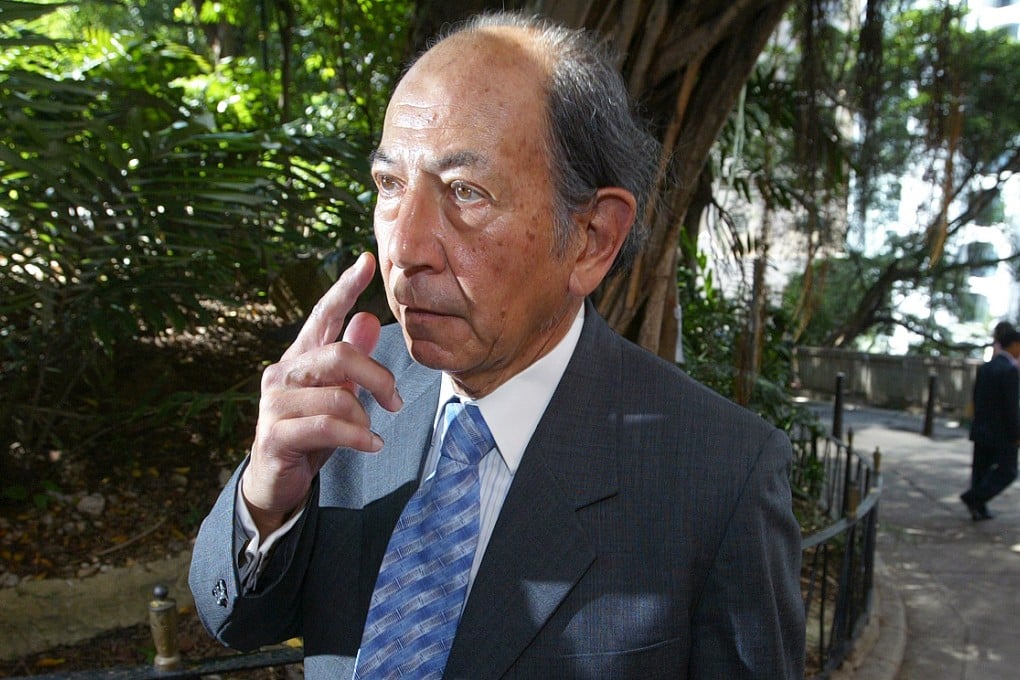Top court judge questions 'odd' injunction
A top court judge has questioned the "curious" handling of applications for injunctions to clear the Occupy protest site in Mong Kok, and described the orders themselves as "extremely odd".

A top court judge has questioned the "curious" handling of applications for injunctions to clear the Occupy protest site in Mong Kok, and described the orders themselves as "extremely odd".
Speaking in a personal capacity, Mr Justice Henry Litton, a non-permanent judge of the Court of Final Appeal, also questioned why the government did not take over the lawsuit, initiated by taxi and bus operators.
The Court of First Instance on Monday renewed a temporary injunction granted three weeks earlier against pro-democracy protesters in Nathan Road.
In a rare speech on Occupy and rule-of-law issues at the University of Hong Kong yesterday, Litton said: "A civil court process was being invoked for what I feel is a public order issue."
He was "intrigued" by the actions and the fact the case was first heard on an ex parte basis, meaning the party affected was not present to defend the action.
"The process of going to a court to seek an order behind the back of a person to be affected by the order is a most drastic remedy, because the unvarying principle of common law is no one's interest should be affected without having been given an opportunity to be heard."
Only an urgent situation would justify an ex parte hearing, he added, and he questioned what the urgency was.